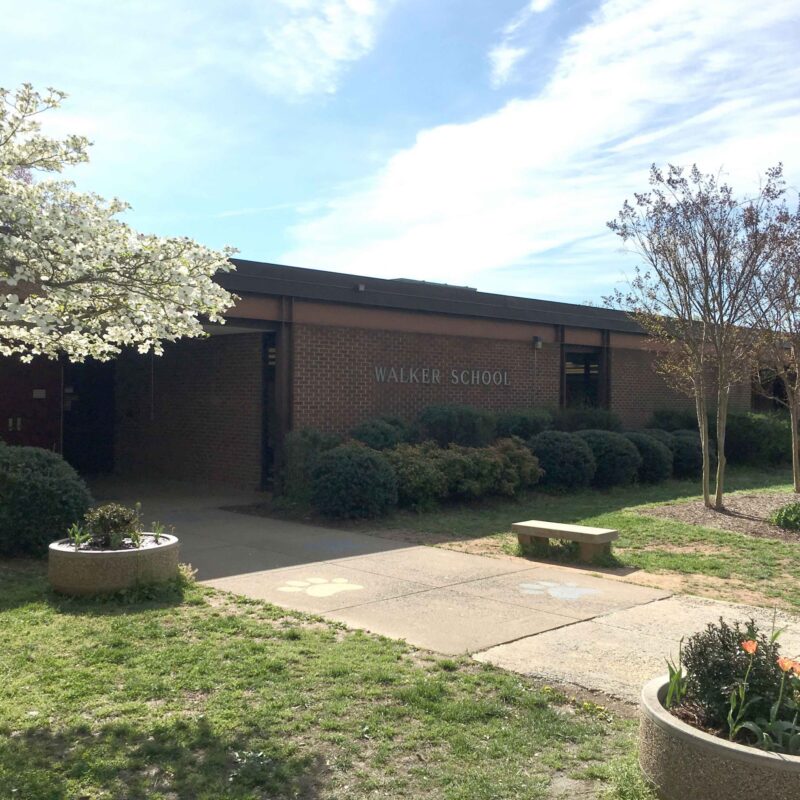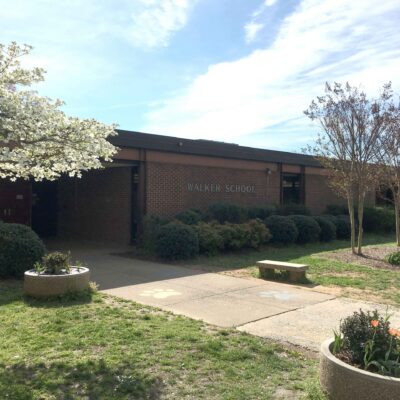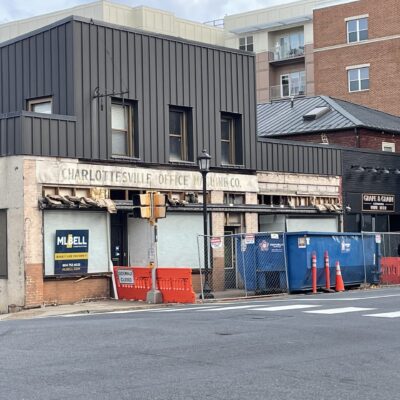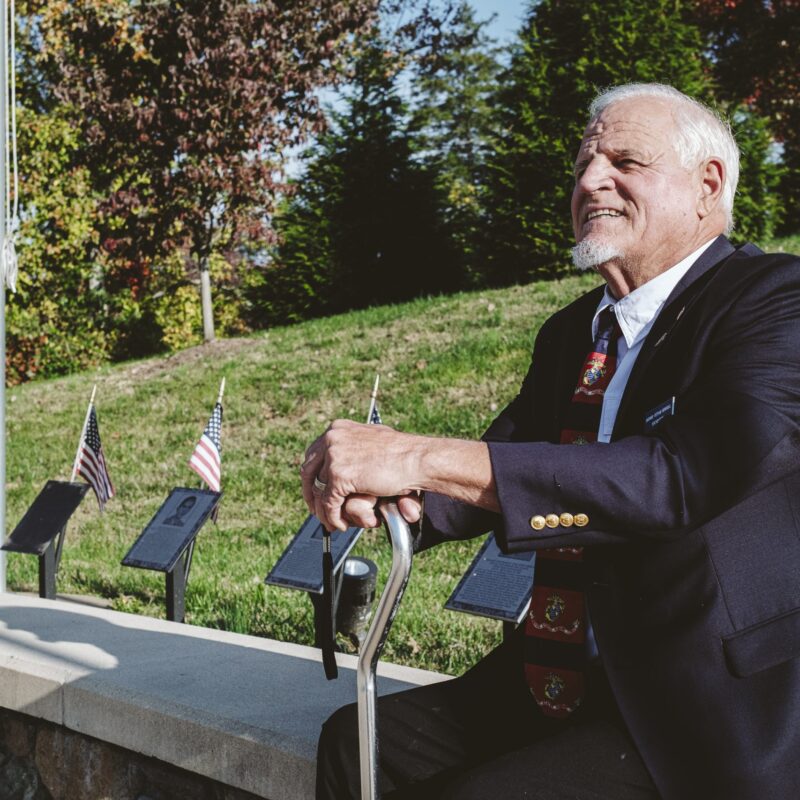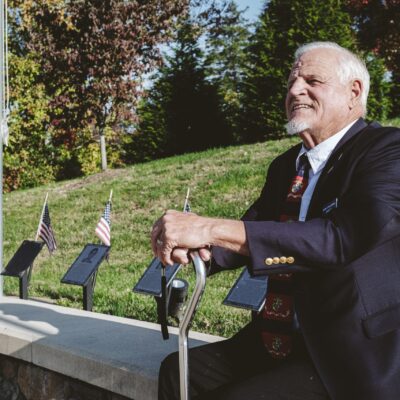Harrison Rue, executive director of the Thomas Jefferson Planning District Commission (TJPDC), announced recently that he’s leaving his post to take a consulting position in Raleigh, North Carolina. Could the departure of Rue, who has been a key leader in the Places29 master planning process, allow the Western Bypass to arise phoenix-like from the dustbin of local history?
The Western Bypass, a road that would run from Route 29 just south of Hollymead to UVA’s North Grounds connector, has long been a dream of those who want a way to cut around the stoplights and traffic crunch that is 29N. Its advocates are a coalition of 29N businesses and truckdrivers from Southside. Local 29N businesses want to unclog what they see as the Main Street of Albemarle County, so that shoppers won’t be reluctant to visit their stores. Folks from Southside don’t want to get stuck in traffic on their way to D.C. They bypass came close enough to a reality that the Virginia Department of Transportation (VDOT) bought 250 acres of right-of-way. But a lawsuit ensued, and local government support completely eroded. For years, the project has languished with no funding.
 Harrison Rue, a major coordinator of the Places29 Master Plan, is leaving for a consulting job, but he still expects the Places29 plan will get approved. |
On April 22, the North Charlottesville Business Council (NCBC), a branch of the local Chamber of Commerce, held what was in essence a pep rally for the Western Bypass, bringing in the presidents of the chambers of commerce from Danville and Lynchburg to talk about how necessary a bypass around Charlottesville is for their cities’ economies.
“Our chamber’s No. 1 priority is a bypass around Charlottesville,” said Laurie Moran of Danville. Rex Hammond of Lynchburg said the same thing. They highlighted the struggles of the local economy in their respective cities, and said that quick access to the Northeastern markets was crucial for job growth.
“After establishing a dialogue about [Places29] with Harrison, we’re sad to see him go,” said Michael McGowan, NCBC’s outgoing president. “We’re hoping that somebody new will come in and pick up with the thoughts and concerns we have expressed and haven’t had addressed yet.”
But it doesn’t seem likely that the bypass will be reborn with a new TJPDC executive. “While I’m sorry to see him go, I don’t think it’s going to have any profound impact on the timing or the outcome of the Places29 process,” says Albemarle County Supervisor David Slutzky. “I can’t imagine that anybody would look at the Western Bypass as a good idea.”
Rue also doesn’t think his replacement would favorably view a Western Bypass. “Something like the Western Bypass—right now, it doesn’t meet even VDOT’s requirements to show that it’s a cost effective road for the amount of traffic, which is why we developed [alternative plans],” says Rue. He expects that new policies from Congress won’t allow for a new road like the Western Bypass, something he thinks encourages sprawl.
Part of the reason that Rue is moving on to a consulting firm is to work on the issue of climate change, what he calls “the issue of our time.” Rue says that research points to compact development and mass transit as a way to cut greenhouse gases—not new roads: “If we keep building the way we’re building, if we keep sprawling, if we keep doing business as usual development, we cannot dig ourselves out of this hole.”
C-VILLE welcomes news tips from readers. Send them to news@c-ville.com.
